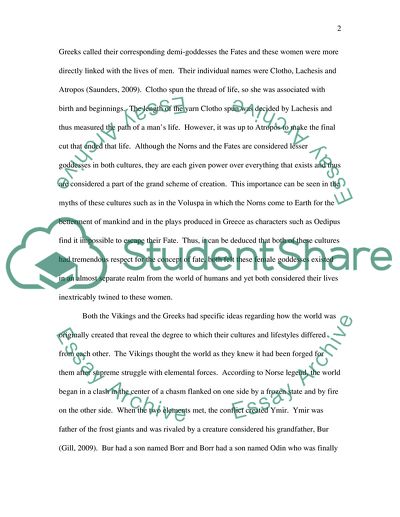Cite this document
(“Norse vs. Greek Mythology Essay Example | Topics and Well Written Essays - 1250 words”, n.d.)
Norse vs. Greek Mythology Essay Example | Topics and Well Written Essays - 1250 words. Retrieved from https://studentshare.org/religion-and-theology/1564972-mythology-creationplease-read-the-order-instructions
Norse vs. Greek Mythology Essay Example | Topics and Well Written Essays - 1250 words. Retrieved from https://studentshare.org/religion-and-theology/1564972-mythology-creationplease-read-the-order-instructions
(Norse Vs. Greek Mythology Essay Example | Topics and Well Written Essays - 1250 Words)
Norse Vs. Greek Mythology Essay Example | Topics and Well Written Essays - 1250 Words. https://studentshare.org/religion-and-theology/1564972-mythology-creationplease-read-the-order-instructions.
Norse Vs. Greek Mythology Essay Example | Topics and Well Written Essays - 1250 Words. https://studentshare.org/religion-and-theology/1564972-mythology-creationplease-read-the-order-instructions.
“Norse Vs. Greek Mythology Essay Example | Topics and Well Written Essays - 1250 Words”, n.d. https://studentshare.org/religion-and-theology/1564972-mythology-creationplease-read-the-order-instructions.


